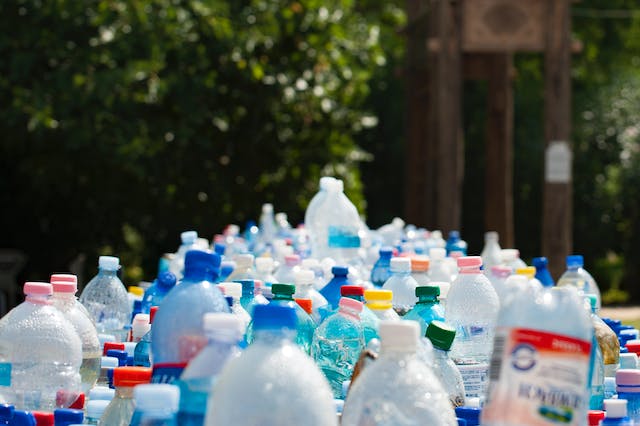There’s no denying that every homeowner wants to keep their home clean and tidy. But if you want to do something good for the environment at the same time, you should get rid of all the unnecessary clutter at the local scrapyard, and take a minute to segregate your rubbish into separate bins. Recycling and upcycling are probably two of the easiest steps you can take to improve the condition of our planet.
But while we’re all aware that there are materials that can be processed and reused in the creation of new products, including glass, plastic, metals and paper, have you ever wondered what household items that you probably use almost daily can be recycled?
Food and drink cans
Most of the cans we buy food products in are made either of aluminium or steel. Both of these metals are recyclable and can be processed without any loss in quality. Recycling metal provides resources that can be used to create new products while limiting the need for mining new ores at the same time. Instead of throwing cans into the bin, you can use them to get some additional money by selling them to your local scrapyard.
Cardboard
Many items we buy come in cardboard boxes of various sizes. Production of cardboard uses big amounts of wood and water, that’s why recycling it has a positive impact on the environment. It allows reusing old cardboard boxes in the creation of the new ones, limiting the use of the resources. Remember to store them in a dry place, because wet and contaminated cardboard is a lot more difficult to process.
Newspapers
While old books and textbooks can be given away to people who may still find them useful, newspapers tend to simply get thrown out. But even if you have no use for the newspaper you’ve bought after reading it – and there are actually a few options from using it to clean windows or as a packing paper – you definitely shouldn’t just throw it in the bin. A huge number of trees can be saved by increasing the amount of paper that gets recycled!
Plastic bottles
Plastic is probably one of the most common materials used today – you can see it everywhere around you. Even food packaging and bottles are made of plastic – that’s why it’s so important to segregate your rubbish properly. Recycling plastic helps to reduce pollution, conserve energy and water, and in general, makes the world cleaner. So the next time you buy a bottle of water on your way to work, make sure to put it into the right bin once you no longer need it!
Batteries
Batteries contain not only metals but also toxic chemicals. Throwing them out as regular trash can be very harmful to the environment and can lead to soil and water contamination. Battery recycling is a safe way of processing old batteries, which allows disposing of harmful chemicals responsibly. You can collect used batteries and take them to the collection containers, which can be found in many shops and public buildings.
E-waste
House appliances and other electrical items like computers and telephones contain many recyclable materials, e.g., metals or plastic. Proper disposal of such devices will enable these materials to be reused in the production of new items. Keep this in mind and take your old house appliances to the recycling centre after buying new equipment.
Most of the items you use at home can be recycled if you sort them properly. There’s no reason for useful materials to end up in the landfill and pollute the environment when they can be successfully processed and reused again.

